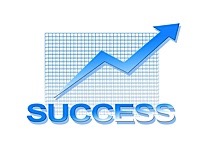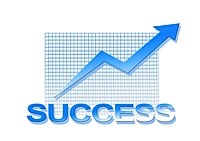
As the baby boomers grow older, America is getting older, too. According to the 2010 census, the nation’s median age has increased to 37.2, up from 35.3 in 2000. The aging trend held up in every state — only the District of Columbia has a younger median age now than a decade ago. For states, changing demographic patterns, visualized below as “population pyramids,” have major implications for policy and politics. Older states, such as Maine, Vermont, West Virginia and New Hampshire, may have less time than others to prepare for challenges such as providing long-term care for a growing elderly population. At the same time, younger states such as Utah and Texas must wrestle with educating relatively large school-age populations — Christopher Swope




















